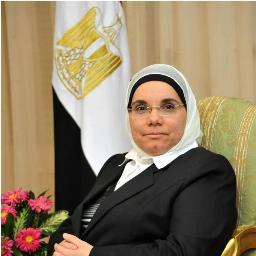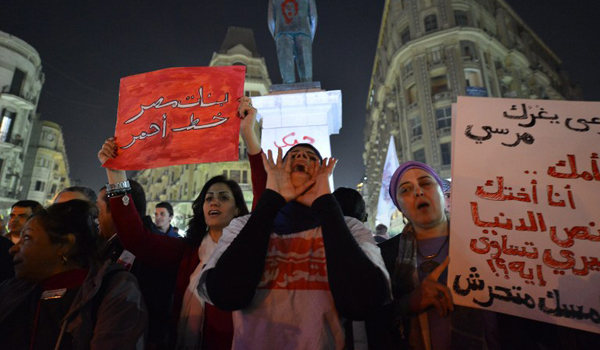
(Public Domain)
Critics of the presidency’s draft NGO law are exaggerating the bill’s flaws according to the assistant to the president for political affairs.
Pakinam Al-Sharkawy provided 11 points in a statement issued on Saturday responding to claims that the NGO bill was hostile and oppressive towards Egyptian civil society.
Al-Sharkawy maintained that notifying the government of the intention to establish a civil society organisation was an “easy” process.
“There is no doubt that the range of fields of activity expands associations’ freedom of movement,” said Al-Sharkawy, citing Article 10 of the draft law which she claims expands the scope of work for NGOs to include a number of fields including groups with cultural, religious, scientific, sporting, political, human rights and community focuses.
Al-Sharkawy also stated that the draft law mandated full transparency and facilitated the establishment of braches of NGOs both inside and outside Egypt.
“I repeat my call for all to consider the draft law objectively and to identify its shortcomings and ways to avoid them,” said Al-Sharkawy. “We reject words that exaggerate the facts.”
The presidential adviser’s statement was in response to a statement that had been issued by 40 Egyptian civil society organisations condemning the draft law submitted by the presidency last week.
The statement, titled The Muslim Brotherhood Lays the Foundations for a New Police State By Exceeding the Mubarak Regime’s Mechanisms to Suppress Civil Society, strongly opposed the draft law, saying it revealed the Brotherhood’s “desire to cement full administrative control over all aspects of civic action.”
The collective of civil society organisations outlined eight objections it had to the draft NGO law, criticising the “coordinating committee” stipulated in the bill. Its control over civil society would present a “particularly detrimental barrier to rights organisations, which seek international solidarity on human rights issues and engage international and regional human rights mechanisms.”
